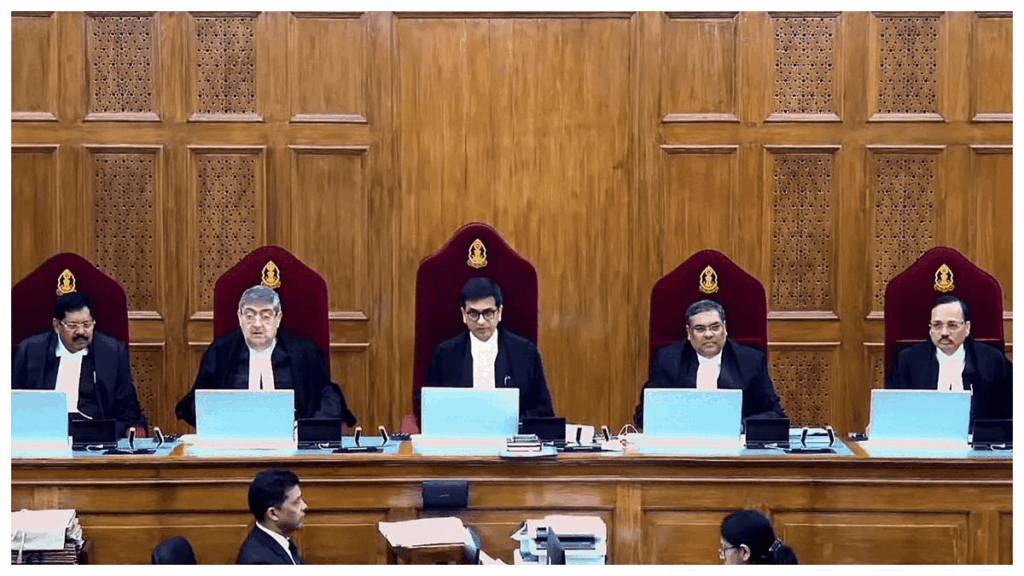Article 370 Verdict - Supreme Court Calls for Restoration of J&K Statehood
The Supreme Court of India has recently passed a monumental verdict on Article 370, calling for the restoration of statehood and an elected government in Jammu and Kashmir. This landmark judgment has major implications for the future of J&K as well as center-state relations in India.
Introduction to Article 370 and its Abrogation
Article 370 was a constitutional provision that granted special autonomous status to Jammu and Kashmir. Under this article, J&K had its constitution, flag, and autonomy over all matters barring defense, communications, and foreign affairs.
However, in August 2019, the central BJP-led government unilaterally abolished Article 370 through a presidential order. J&K was also bifurcated into two union territories - Jammu & Kashmir and Ladakh. This move was extremely controversial with opposition parties calling it 'unconstitutional'.
Key Highlights of the Supreme Court Verdict

- Supreme Court rules abolition of Article 370 'unconstitutional'
- Calls for restoration of statehood and elected government in J&K
- Upholds central government's action of dividing J&K into two UTs
- The state center must consult the elected J&K government before making future changes
Implications of the Judgment on J&K's Status
The SC verdict has several key implications for Jammu and Kashmir's political future:
- Paves the way for the restoration of statehood: The judgment makes it binding upon the center to restore J&K's statehood. This would give J&K greater autonomy and self-governance rights.
- Re-establishment of legislative assembly: Restoring statehood requires the central government to conduct fresh elections in J&K within a reasonable timeframe. This would lead to the formation of a democratically-elected state government.
- Balance between center-state powers: While upholding J&K's division into UTs, the SC verdict limits future unilateral center action. The center must consult the elected state government before introducing changes. This balances center-state relations.
- Increased stability and peace prospects: The promise of restored statehood and a democratic government can potentially reduce separatist sentiments and unrest in Kashmir. It increases hopes for lasting peace and stability in the region.
While the Supreme Court verdict does not restore J&K to its original 'special status', it does pave the way to increase democratic rights and autonomy in the region. The reactions have been mixed but it is being seen as a conciliatory judgment that balances center-state ties.
Explore More: - https://indhinditech.com/
Comments
Post a Comment
If You Need Any Help Then Contact Me, I am always with You To Help you 😊